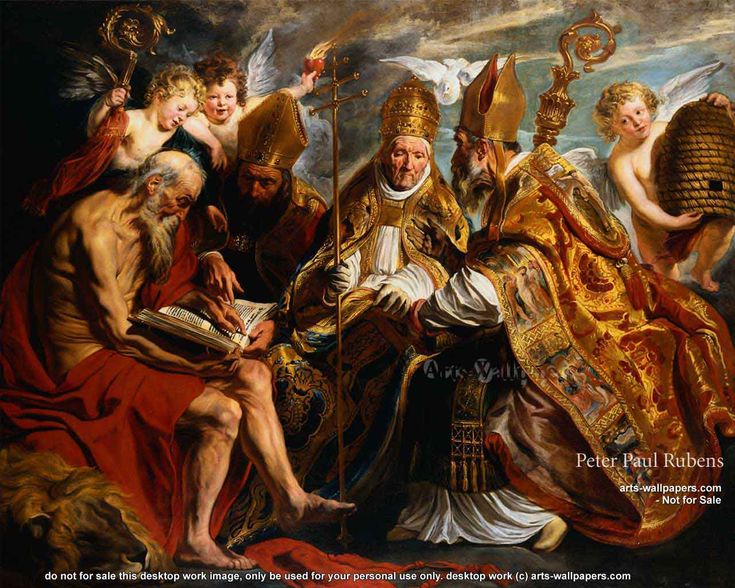Read more about Worship Wedding here.
From ancient rituals to contemporary practices, worship has always been an integral part of human history. This profound act of reverence takes on numerous forms and signifies a deep connection with the divine, whether it is expressed through prayer, song, or silent reflection. Let’s delve deeper into the multifaceted nature of worship and understand its significance in various cultural and spiritual contexts.
The Definition and Essence of Worship
At its core, worship is the act of attributing reverent honor and homage to a deity. It embodies a deep sense of respect and love, often coupled with acts of devotion. While the term is closely associated with religious contexts, the essence of worship transcends beyond just organized religion. It can be seen in the admiration of nature, the arts, or even another human being.
Forms of Worship
Strongly influenced by cultural and religious backgrounds, worship manifests in a variety of ways. Here are some common forms:
- Prayer: A universal form of worship, prayer allows individuals to communicate with the divine, seek guidance, or express gratitude.
- Rituals: These are established ceremonies often rich in symbolism and tradition, aiming to honor and connect with the divine.
- Music and Hymns: Singing hymns or playing spiritual music is a powerful form of worship that can evoke profound emotional and spiritual experiences.
- Meditation: A quieter form of worship, meditation involves introspection and seeking inner peace and connection with the divine or the self.
- Acts of Service: Serving others selflessly is considered by many as an act of worship, reflecting values like compassion and humility.
The Psychological and Spiritual Benefits of Worship
Engaging in worship can have several psychological and spiritual benefits. It offers a sense of purpose, a feeling of connection to something greater than oneself, and provides comfort and solace in times of distress. From a psychological perspective, worship can reduce stress, enhance emotional well-being, and foster a sense of community and belonging.
The Role of Community in Worship
While worship can be a deeply personal act, the communal aspect cannot be overlooked. Gathering with others for shared worship experiences can amplify the feelings of connection and unity. These communal activities often strengthen social ties and provide a support system, enriching the overall spiritual journey of the individual.
Modern-Day Worship
In today’s fast-paced world, the way people engage in worship has evolved. Technology has paved the way for new forms of spiritual expression and connection. Online services, virtual prayer groups, and digital religious communities are now common, making worship more accessible to people regardless of their geographical location.
Moreover, contemporary worship practices emphasize inclusivity, encouraging participation from people of diverse backgrounds and beliefs. This reflects a broader understanding and acceptance of different ways to honor and connect with the divine.
Conclusion
In conclusion, worship is a rich and multifaceted practice that holds immense significance across various cultures and religions. Whether through prayer, music, rituals, or acts of service, it remains a powerful expression of reverence and devotion. As we continue to evolve, so too will our ways of engaging in worship, ensuring that this timeless practice remains an integral part of the human experience.





